Question And Answer
Publications
Articles, publications, books, tools and multimedia features from the U.S. Institute of Peace provide the latest news, analysis, research findings, practitioner guides and reports, all related to the conflict zones and issues that are at the center of the Institute’s work to prevent and reduce violent conflict.

Joseph Sany on the Turmoil in Ethiopia and China’s Role in Africa
As China steps up its engagement in Africa amid lagging vaccination rates and tensions in Ethiopia, USIP’s Joseph Sany says U.S. policy must avoid a narrow, competitive mindset: “[China] is doing what a major superpower does … [the United States] must address African interests, not impose American interests.”
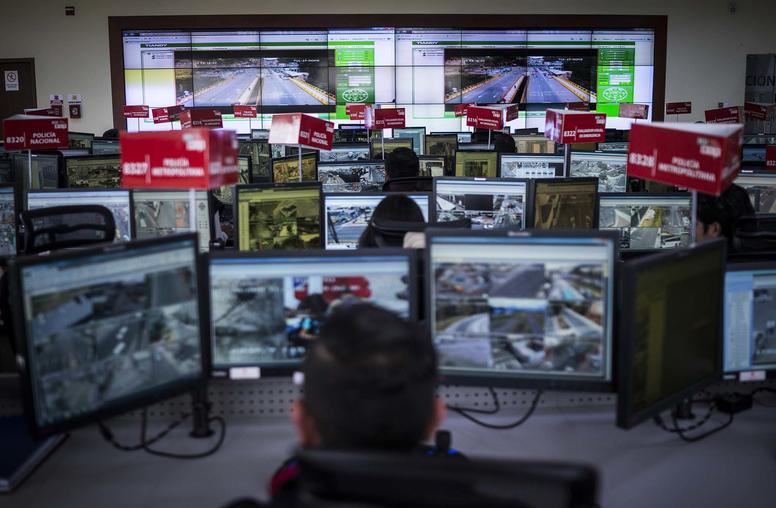
Digital Technology’s Evolving Role in Politics, Protest and Repression
The rapid adoption of digital technologies has fundamentally changed global politics. During the Arab uprisings, experts heralded digital technologies as powerful tools for social change and liberation. A decade later — with global democracy in retreat — the script has flipped and authoritarian governments are on the offensive in deploying digital tools to monitor, track and control their citizens. Indeed, the rapid emergence of these tools has ushered in a new era of political repression, says Steven Feldstein, the author of “The Rise of Digital Repression: How Technology is Reshaping Power, Politics, and Resistance.” He explains how digital repression works, China’s role in exporting such technologies and the broader implications for global conflict and democracy.
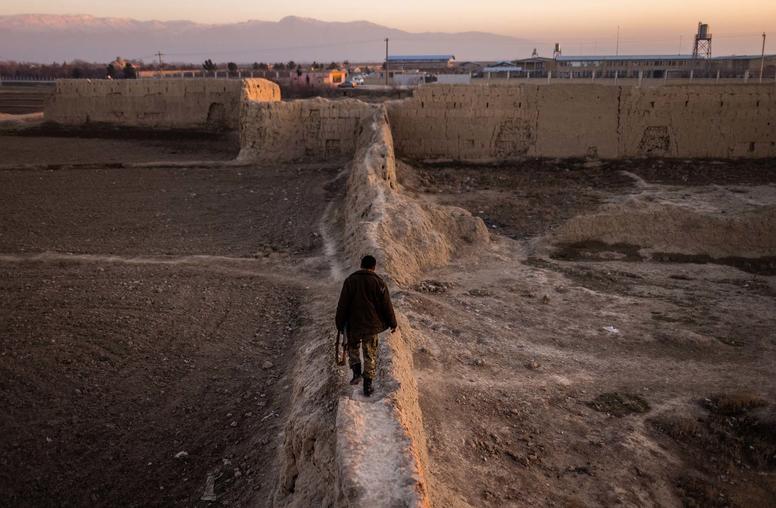
Central Asia Prepares for Taliban Takeover
Last week’s conference in Tashkent, Uzbekistan was originally supposed to focus on regional connectivity in South and Central Asia. But the Taliban’s surge in recent weeks consumed the regional conference and has many in the region wary of what’s next. As U.S. and NATO forces draw down their military presence in Afghanistan, the country’s northern neighbors have witnessed Taliban fighters swiftly overrun most of the rural parts of northern Afghanistan, establishing control over nearly all of the 1,500-mile border between Afghanistan and Turkmenistan, Uzbekistan and Tajikistan. By all indications, Central Asian states are preparing for a new reality in Afghanistan, one where the Taliban control most, if not all, of the country.
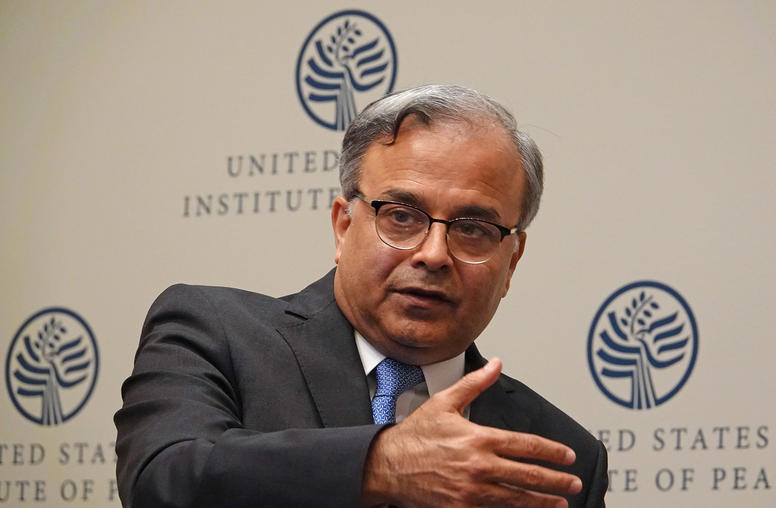
U.S., Pakistan at ‘Convergence’ on Afghanistan, Says Pakistani Envoy
For the last two decades, U.S.-Pakistan relations have been defined by the war in Afghanistan and counterterrorism concerns. With the United States military withdrawal almost complete, the relationship should broaden to focus on other issues important to both countries and the broader South Asia region. The Afghan peace process, however, will continue to be an important component of U.S.-Pakistan relations, said Pakistan’s envoy to the United States on Wednesday. “Afghanistan, for some time, did become [a point of] contention in our relationship. But today, clearly, Afghanistan is a [point of] convergence between Pakistan and United States” as both want to see peace and stability, said Ambassador Asad Majeed Khan.

Tamanna Salikuddin on U.S.-Pakistan Relations
With the world’s fifth largest population, a nuclear-armed military, an important role in Afghanistan and a close relationship with China, Pakistan is vital to U.S. interests. Although there have been periods of turmoil, “Both countries must have a relationship and, ostensibly, share some interests,” says USIP’s Tamanna Salikuddin.
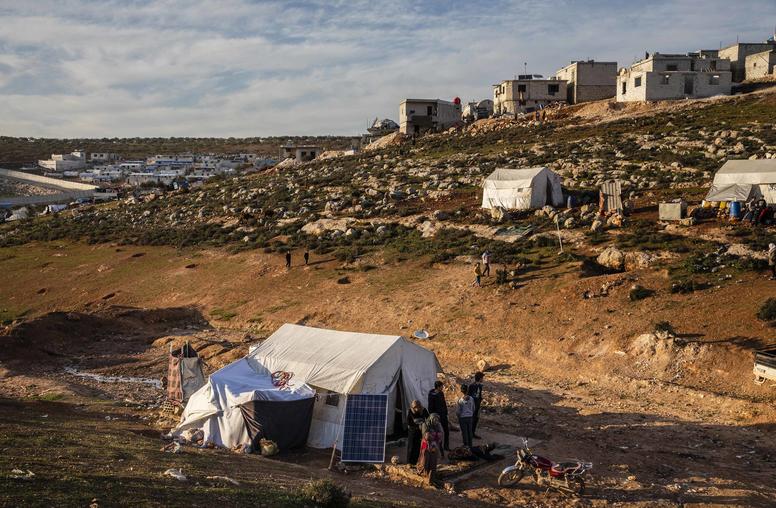
With Syria’s Last Aid Crossing on the Line, Can U.S., Russia Make a Deal?
A crucial deadline that will determine the future of humanitarian aid to Syria looms this week, as the authorization for the Bab al-Hawa crossing on the Turkey-Syria border expires on July 10. The crossing is the last with a U.N. mandate allowing aid to be delivered directly, without having to first go through the Assad regime in Damascus. While Washington has been insistent that the crossing should remain open, with a senior official calling it a matter of “life and death,” Moscow has said the cross-border aid undermines Syria’s sovereignty. Russia has used its veto power in the Security Council to prevent extensions of three other such aid crossings.
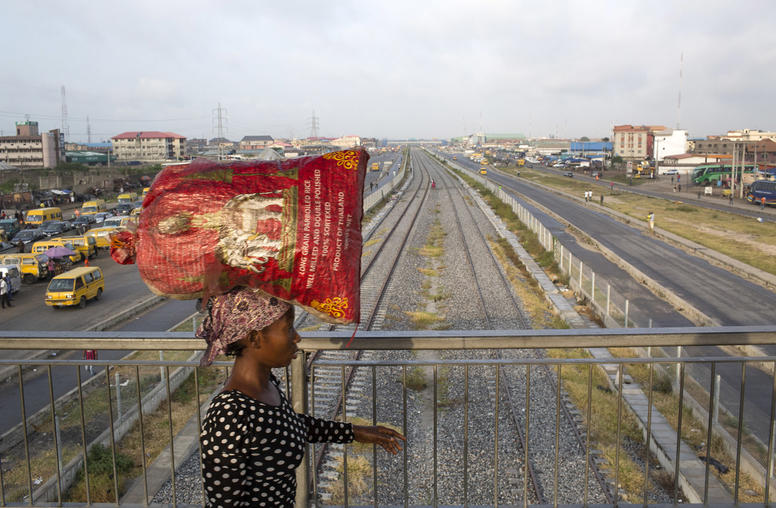
Countering China on the Continent: A Look at African Views
As U.S. policy has increasingly focused on countering China’s influence worldwide, Africa also has come under this lens. While the administration and Congress consider approaches and policy options, it is important to ask what Africans think of U.S. efforts to counter China’s growing role on their continent. While U.S. foreign policy should serve American interests, it will be most successful if cognizant and, when possible, reflective of the interests and aspirations of Africans.

Donald Jensen on the Biden-Putin Summit
Despite numerous points of tension, Presidents Biden and Putin characterized this week’s meeting in positive terms. Now, “the administration is trying to decide to what extent to cooperate with the Kremlin … and to what extent to push back,” said USIP’s Donald Jensen ahead of the summit.
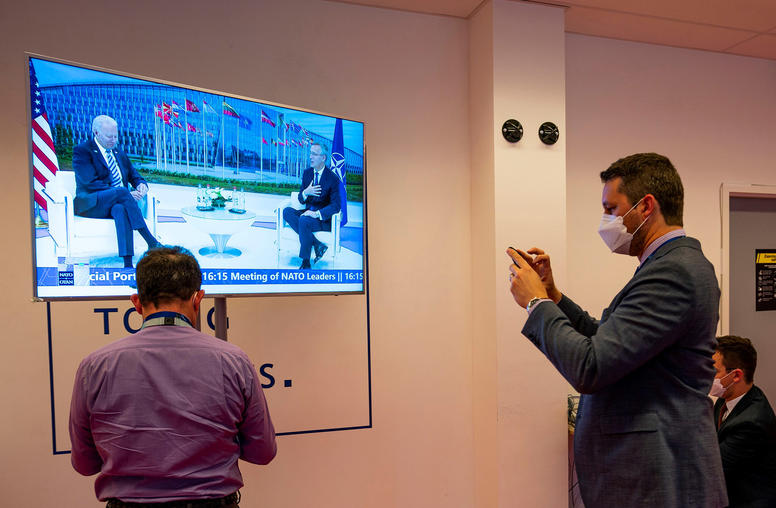
The Biden-Putin Summit: A Chance to Agree—and Disagree
While Presidents Biden and Putin meet amid the strained U.S.-Russian relations in a generation, this week’s summit could yield moves to rebuild predictability in that relationship, especially new steps to address rising global risks to stability and security. Even as the United States confronts Putin over his wielding of selective chaos as a foreign policy crowbar, both sides share an interest in managing disparate international threats—from the weakening of the limits on nuclear weapons and the emergence of new high technology weapons, to climate change and COVID. The summit could reopen dialogue on such challenges.
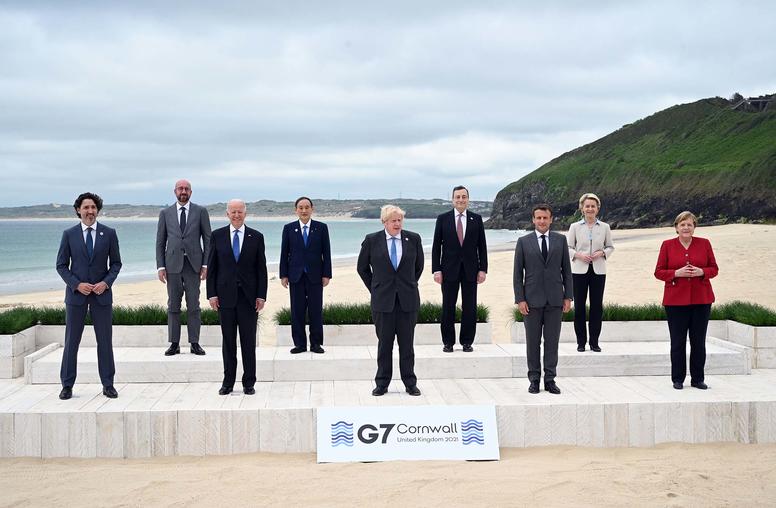
Practicing Peace and Conflict Diplomacy in a Complex World
A combination of a weakening liberal international order, sharpening U.S.-China rivalry, growing transnational threats, shrinking space for civil society and rising nationalism and populism has complicated the practice of peace and conflict diplomacy. A new volume of essays examines approaches to such diplomacy in this complex environment.